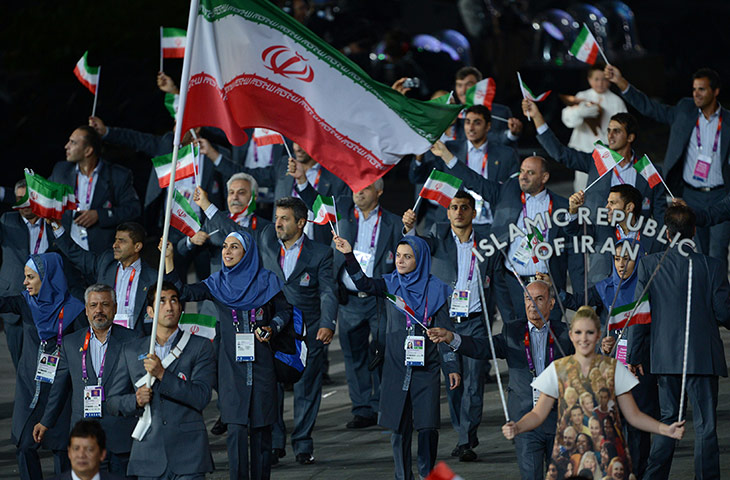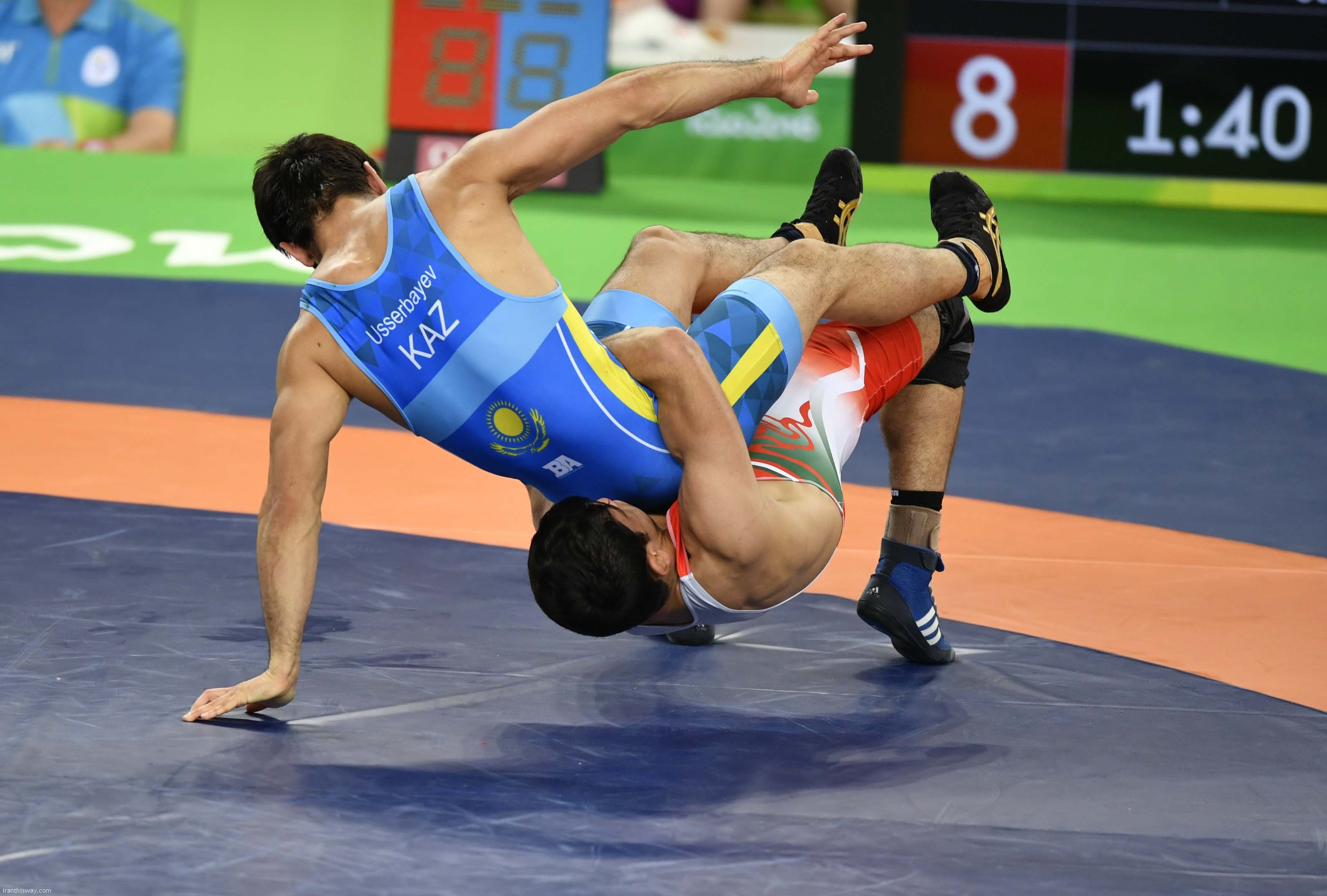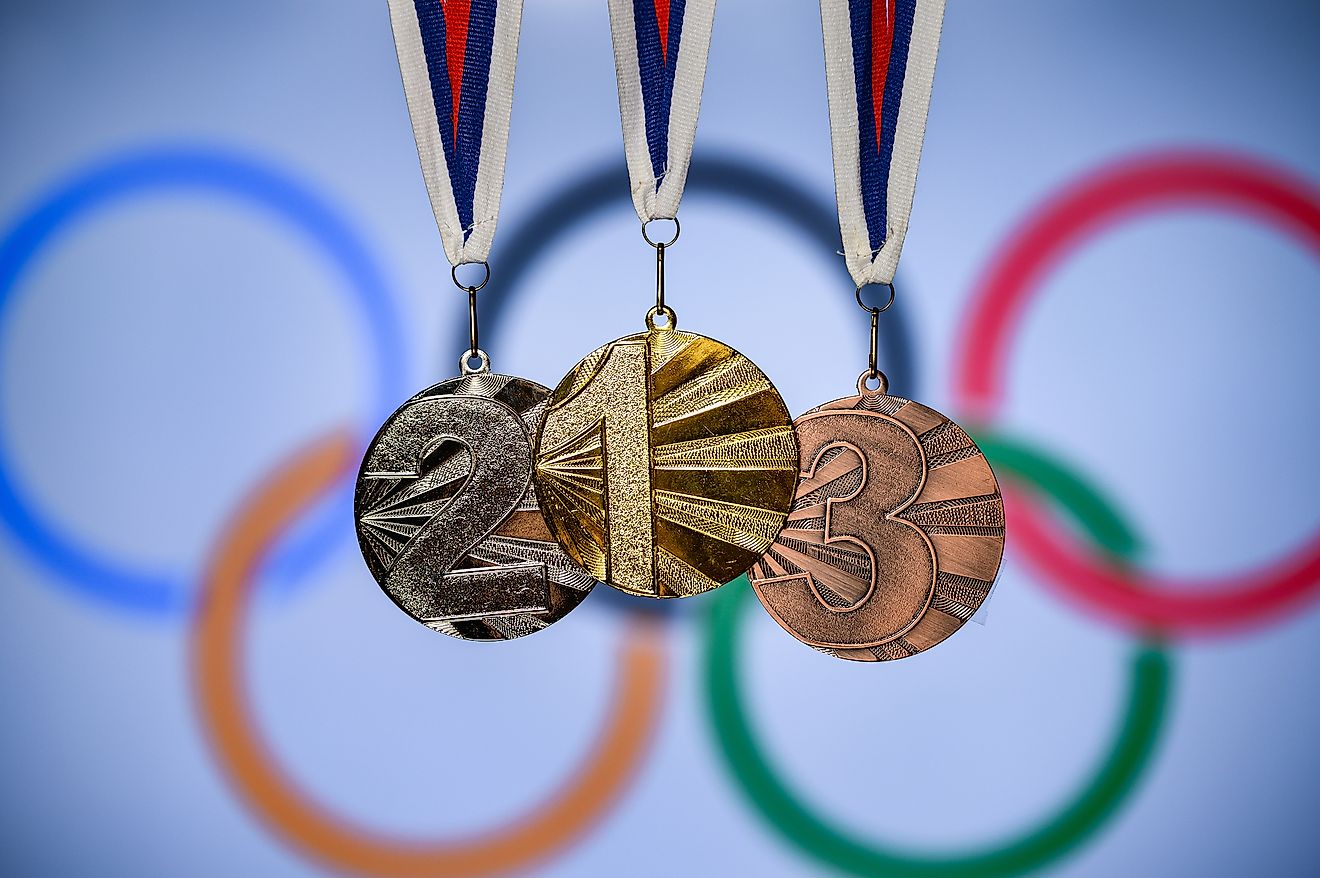A Nation’s Athletic Journey: Examining Iran’s Olympic Medal Count
A Nation’s Athletic Journey: Examining Iran’s Olympic Medal Count
A Nation’s Athletic Journey: Examining Iran’s Olympic Medal Count
Introduction
In this auspicious occasion, we are delighted to delve into the intriguing topic related to A Nation’s Athletic Journey: Examining Iran’s Olympic Medal Count. Let’s weave interesting information and offer fresh perspectives to the readers.
Table of Content

A Nation’s Athletic Journey: Examining Iran’s Olympic Medal Count
Iran’s participation in the Olympic Games has been a journey marked by both challenges and triumphs. While the nation has historically faced limitations in terms of participation and medal count, it has consistently strived to showcase its athletic prowess on the world stage. Analyzing Iran’s Olympic medal count reveals not just a quantitative measure of success, but also a reflection of the country’s commitment to sports development and its aspirations for international recognition.
A Historical Perspective
Iran’s first appearance at the Olympic Games was in 1900, when a lone athlete, a wrestler named George de Relwys, competed in Paris. However, it wasn’t until 1948 that Iran began participating consistently, sending a contingent of athletes to the London Games. Over the decades, Iran’s Olympic participation has steadily increased, with a growing number of athletes competing in a wider range of disciplines.
The Medal Count: A Tale of Growth and Challenges
Iran’s medal count at the Olympic Games has been steadily increasing, though it remains comparatively low compared to some other nations. As of the 2020 Tokyo Olympics, Iran has secured a total of 20 medals: 12 silver and 8 bronze. The country has yet to win a gold medal at the Summer Olympics.
This lack of gold medals can be attributed to various factors. Firstly, the focus on specific sports like wrestling, weightlifting, and taekwondo has resulted in a concentration of talent in these disciplines. While this strategy has led to significant success in these areas, it has also limited the potential for medal wins in other sports. Secondly, the lack of comprehensive sports infrastructure and funding compared to many other nations has hampered the development of athletes in a broader spectrum of disciplines.
Beyond the Numbers: The Significance of Participation
Despite its relatively modest medal count, Iran’s Olympic participation carries significant symbolic and cultural importance. It represents a commitment to promoting sports and physical activity within the country, fostering a sense of national pride and unity. The athletes who represent Iran on the world stage serve as role models for young people, inspiring them to pursue their athletic dreams.
Moreover, Iran’s participation in the Olympic Games contributes to its international standing and fosters diplomatic relations with other countries. The Games provide a platform for cultural exchange and understanding, promoting dialogue and cooperation across borders.
The Future of Iranian Athletics: A Path Forward
Moving forward, Iran faces the challenge of diversifying its athletic talent pool and expanding its medal count. This requires a multi-pronged approach:
- Investing in Sports Infrastructure: Building world-class training facilities and providing access to modern equipment is crucial for developing athletes across a wider range of disciplines.
- Supporting Youth Development: Identifying and nurturing young talent through grassroots programs and initiatives is essential for building a sustainable pipeline of athletes.
- Promoting Gender Equality: Encouraging and supporting female athletes is crucial for unlocking the full potential of Iranian sports.
- Investing in Coaching and Expertise: Recruiting and training qualified coaches and sports scientists is key to improving performance and achieving breakthroughs.
By addressing these key areas, Iran can pave the way for a brighter future in the world of Olympic sport.
FAQs
1. What are the most successful sports for Iran at the Olympics?
Wrestling has historically been Iran’s most successful sport at the Olympics, followed by weightlifting and taekwondo.
2. Has Iran ever won a gold medal at the Olympics?
Iran has yet to win a gold medal at the Summer Olympics. However, the country has won gold medals in various sports at the Asian Games and other international competitions.
3. What is the current status of women’s participation in Iranian Olympic teams?
While women have been participating in the Olympics for Iran since 1996, their representation remains limited compared to male athletes. The country is actively working to increase female participation and provide equal opportunities for all athletes.
4. What are the challenges Iran faces in developing its Olympic program?
Challenges include limited funding, infrastructure constraints, and the focus on specific sports rather than a broader range of disciplines.
5. What are the potential benefits of Iran’s participation in the Olympics?
Benefits include promoting sports and physical activity within the country, fostering national pride, building international relations, and serving as a platform for cultural exchange.
Tips
- Promote grassroots sports programs: Encouraging children to participate in a variety of sports from a young age is crucial for developing a strong athletic foundation.
- Invest in coach education: Providing training and development opportunities for coaches is essential for improving the quality of coaching and athlete performance.
- Focus on sports science: Incorporating sports science principles into training programs can help athletes optimize their performance and reduce the risk of injuries.
- Encourage international collaboration: Partnering with other countries and organizations can facilitate knowledge sharing and provide access to advanced training techniques and facilities.
- Celebrate achievements: Recognizing and celebrating the achievements of Iranian athletes, regardless of medal count, is important for motivating future generations and fostering a culture of athletic excellence.
Conclusion
Iran’s journey at the Olympic Games is a testament to the country’s commitment to sport and its aspiration for international recognition. While the nation faces challenges in expanding its medal count, its participation in the Games serves as a symbol of national pride and a platform for cultural exchange. By investing in sports development, diversifying its athletic talent pool, and promoting gender equality, Iran can continue to make its mark on the world stage and inspire future generations of athletes.








Closure
Thus, we hope this article has provided valuable insights into A Nation’s Athletic Journey: Examining Iran’s Olympic Medal Count. We thank you for taking the time to read this article. See you in our next article!